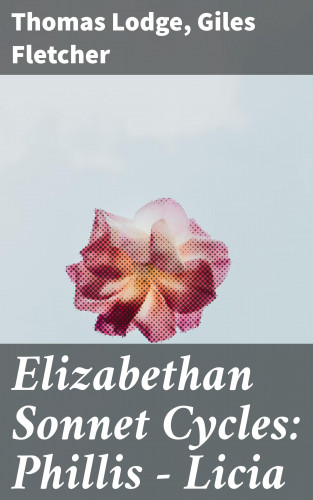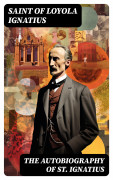Thomas Lodge, Giles Fletcher: Elizabethan Sonnet Cycles: Phillis - Licia

| Produkttyp: | eBook-Download |
|---|---|
| Verlag: | Good Press |
| Erschienen: | |
| Sprache: | Englisch |
| Seiten: | 153 (Druckfassung) |
| Format: | EPUB
Info▼
|
| Download: | 324 kB |
Elizabethan Sonnet Cycles: Phillis - Licia provides a meticulously curated selection capturing the essence and breadth of Elizabethan poetry through two significant cycles. This anthology celebrates the diversity of literary styles and thematic richness characteristic of the late 16th century, a period renowned for its innovative exploration of love, beauty, and the human condition through the sonnet structure. The inclusion of standout cycles like 'Phillis' and 'Licia' not only showcases the linguistic dexterity and emotional depth of the era but also highlights the nuanced differences in approach and sentiment towards the central themes of love and idealization, presenting an engaging juxtaposition of perspectives within the same poetic form. The contributing authors, Thomas Lodge and Giles Fletcher, bring their own unique backgrounds and literary prowess to the collection. Lodge, with his broader literary contributions, and Fletcher, known for his religious and pastoral poetry, both exemplify the rich literary and cultural milieu of Elizabethan England. Their works, representative of the broader historical and cultural shifts of the Elizabethan period, including the humanist revival and the complex political and religious landscape, enrich the collection by offering a multifaceted view of the era's literary and societal preoccupations. Elizabethan Sonnet Cycles: Phillis - Licia invites readers to immerse themselves in the beauty and complexity of Elizabethan sonnetry. This anthology is an invaluable resource for students and enthusiasts of English literature, offering a unique window into the myriad ways in which the sonnet was employed to explore the intricate layers of human emotion and intellectual thought. It is a testament to the enduring power and versatility of the sonnet form and a celebration of the rich tapestry of voices that contributed to its evolution during one of the most vibrant periods of English literature.











